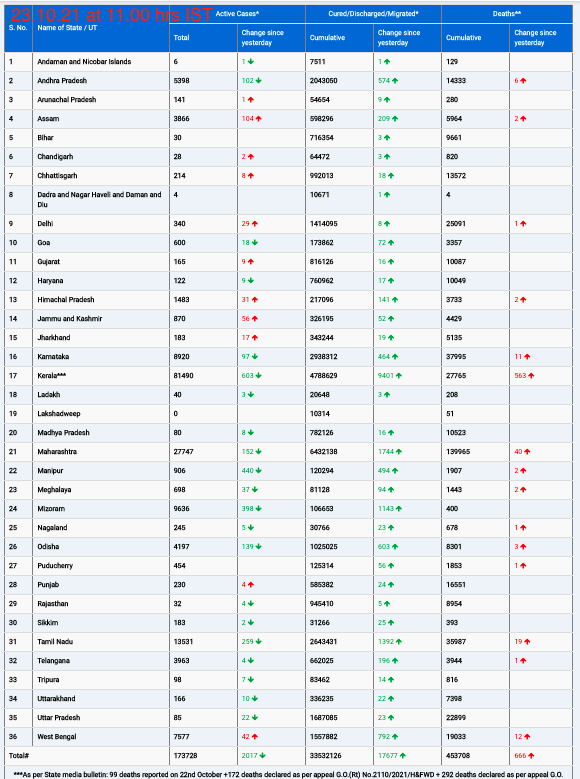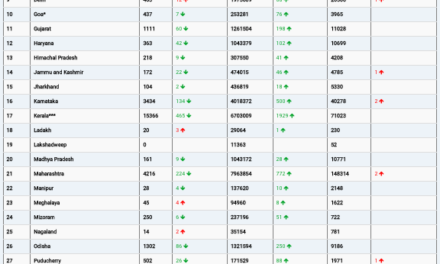
The grim reality faced by doctors grappling with long COVID includes debilitating symptoms, shattered careers, and dwindling incomes. This somber picture emerges from the inaugural comprehensive survey of physicians grappling with this condition, conducted jointly by the British Medical Association (BMA) and the Long COVID Doctors for Action support group. The survey casts a spotlight on over 600 doctors chronically afflicted by long COVID, unveiling their ongoing struggles and revealing a perceived lack of support, both medically and financially, from their government and employers within the National Health Service (NHS).
Kelly Fearnley, MBChB, the chair and co-founder of Long COVID Doctors for Action, expressed profound disillusionment, stating, “We feel betrayed and abandoned.” These doctors, who heroically stepped forward during a national crisis, now feel left in the lurch. They put their lives and their families’ well-being on the line while working in high-risk environments, only to find themselves incapacitated.
Fearnley, who fell ill while working in a COVID ward in November 2020, has been unable to return to work for nearly three years. The UK has an estimated two million individuals, including thousands of NHS staff, grappling with long COVID.
Globally, more than 65 million people are affected by long COVID, with approximately 1 in 10 individuals developing lingering symptoms after contracting the virus. Healthcare and social care workers in the UK are seven times more likely to experience severe COVID-19 compared to employees in other sectors.
The doctors who participated in the BMA survey reported a spectrum of long COVID symptoms, including fatigue, headaches, muscle pain, nerve damage, joint pain, and respiratory issues.
The survey’s key findings are distressing, with 60% of doctors indicating that long COVID has significantly impacted their ability to perform daily tasks. Approximately 18% stated that they could no longer work, while less than one-third (31%) continued to work full time. This represents a stark decline from the 57% who were working full time prior to contracting COVID-19, marking a 46% reduction.
Nearly half (48%) of respondents reported experiencing reduced earnings due to long COVID, and almost half of the doctors were never referred to an NHS long COVID clinic. Some doctors shared their personal experiences:
- One doctor recounted a harrowing ordeal: “I nearly lost my life, my home, my partner, and my career. I have received little support to help keep these. The impact on my mental health nearly cost [me] my life again.”
- A senior consulting physician described life as “absolutely miserable,” detailing struggles with exhaustion, insomnia, night terrors, and the inability to engage in basic activities or maintain relationships.
- A salaried general practitioner lamented, “I can no longer work, finances are ruined. I didn’t have employment protection, so am now unemployed and penniless.”

The BMA’s call to action includes:
- Providing financial support for doctors and healthcare staff afflicted with long COVID.
- Recognizing long COVID as an occupational disease among healthcare workers, with an encompassing definition covering all its debilitating symptoms.
- Enhancing access to physical and mental health services for comprehensive assessment, investigations, and treatment.
- Offering better workplace protection for healthcare staff, who have risked their lives.
- Supporting long COVID sufferers in their safe return to work, including flexible workplace adjustments.
Despite the dire circumstances, NHS employers are obligated to implement only “reasonable adjustments,” leading to concerns that some employers are choosing to terminate contracts instead.
Raymond Agius, co-chair of the BMA’s occupational medicine committee, has attributed part of the blame to inadequate safety measures for doctors, a problem that continues as UK hospitals have relaxed mask mandates. He noted that during the pandemic, doctors were often left without sufficient protection, and workplace risk assessments were lacking.
To date, the British government’s response to the survey has been limited, with only an acknowledgment of investing over £50 million in understanding long COVID better.











